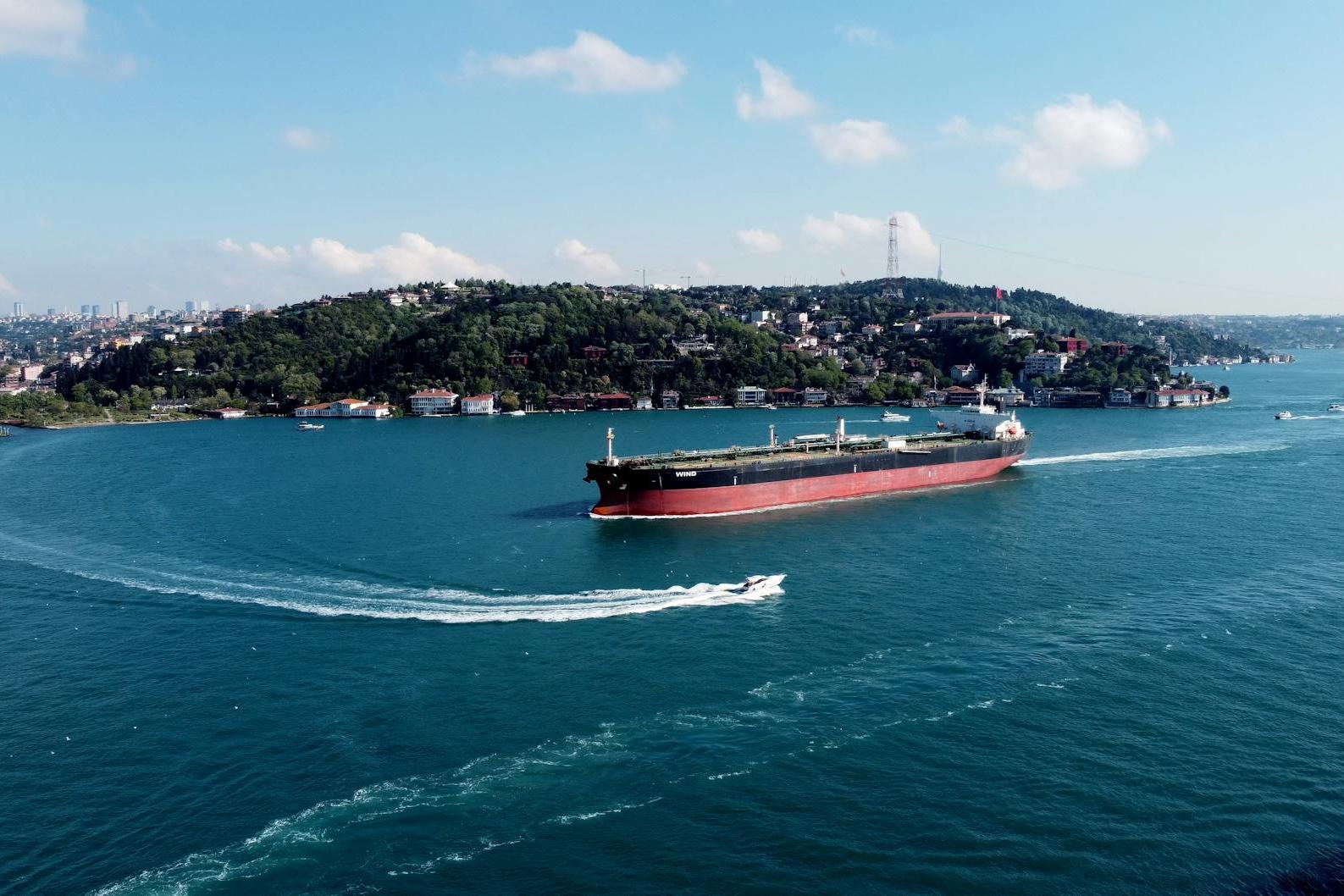
What kind of agency is qualified for food export?
Choose foodExport agentThe following three core qualifications need to be confirmed:
- CustomsAEOCertification:The Authorized Economic Operator qualification is a guarantee of customs clearance efficiency.
- International Certification Requirements: Must include import and export food business operations.
- International Certification System: Food safety certifications such as ISO 22000 or BRC
Starting from 2025, Chinese customs will require food export enterprises to be equipped withTraceability Management SystemIt is recommended to request the agent to present their implementation plan for traceability technology.
What special documents are required for food export?
In addition to regular foreign trade documents, special attention should be paid to:
- Health certificate: Issued by customs, including microbiological testing data
- Ingredient Analysis Report: Allergen and additive information must be labeled.
- Religious certification documents: Halal certification is required for exports to the Middle East.
- Cold Chain Transportation Agreement: New electronic filing requirements for temperature control records to be added in 2025
How to evaluate the professional capabilities of an agency company?
Recommended evaluation through four dimensions:
- Quality of case database:
- The number of similar food export cases shall be no fewer than 20.
- Foreign exchange receipt and payment qualification registered with SAFE
- Compliance team configuration:
- Full-time Food Regulation Researcher
- 26. a complete risk control system
- Emergency handling mechanisms: Request to provide cases of returned goods processing from the past 12 months.
- The digital capacity: Requires an automated compliance document generation system.
What items are included in food export agency fees?
Typical cost composition in 2025:
- Basic service fee (1.2-2.5% of cargo value)
- Special testing fee (USD 200-800 per batch)
- Expedited Certification Fee (if required)
- Cold chain monitoring fee (full-process temperature control approximately $0.8 per cubic meter per day)
Special attentionEmerging Market Surcharge, such as a 10-15% special inspection fee for exports to Africa.
How to Prevent Common Risks in Food Export?
Inaccurate declaration
- Quality Risk:
- Require the agent to providePre-inspection service
- Purchase product liability insurance
- Risk of compliance:
- When signingIndefinite Liability Clause
- Request the agent to bear over 60% of the penalty for violations.
- Risk of logistics:
- , which records complete information for each expenditure in real time: service content, execution progress, invoice status, tax treatment, etc.Independent refrigerated containerLogistics services
- Agreed Compensation Clause (Starting from 150% of the Goods' Value)
What are the new regulations for food exports in 2025 that need to be noted?
Focus on three new regulations:
- New EU Labeling Law: The font size of the nutrition facts table must be ≥1.2mm.
- Section 204 of the U.S. FSMA: Ready-to-eat foods require additional traceability data.
- ASEAN Electronic Certificate: Fully implement paperless customs clearance
It is recommended to choose one that can provideDynamic Regulatory Monitoring SystemAgent service provider, ensuring real-time compliance.


 Follow Customer Service WeChat
Follow Customer Service WeChat